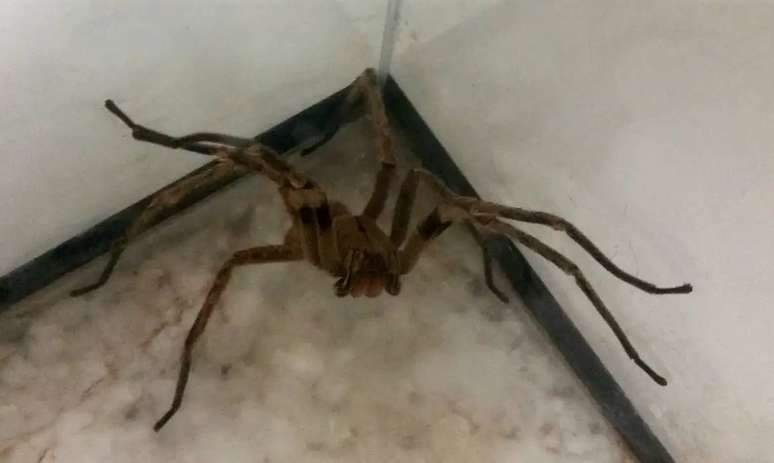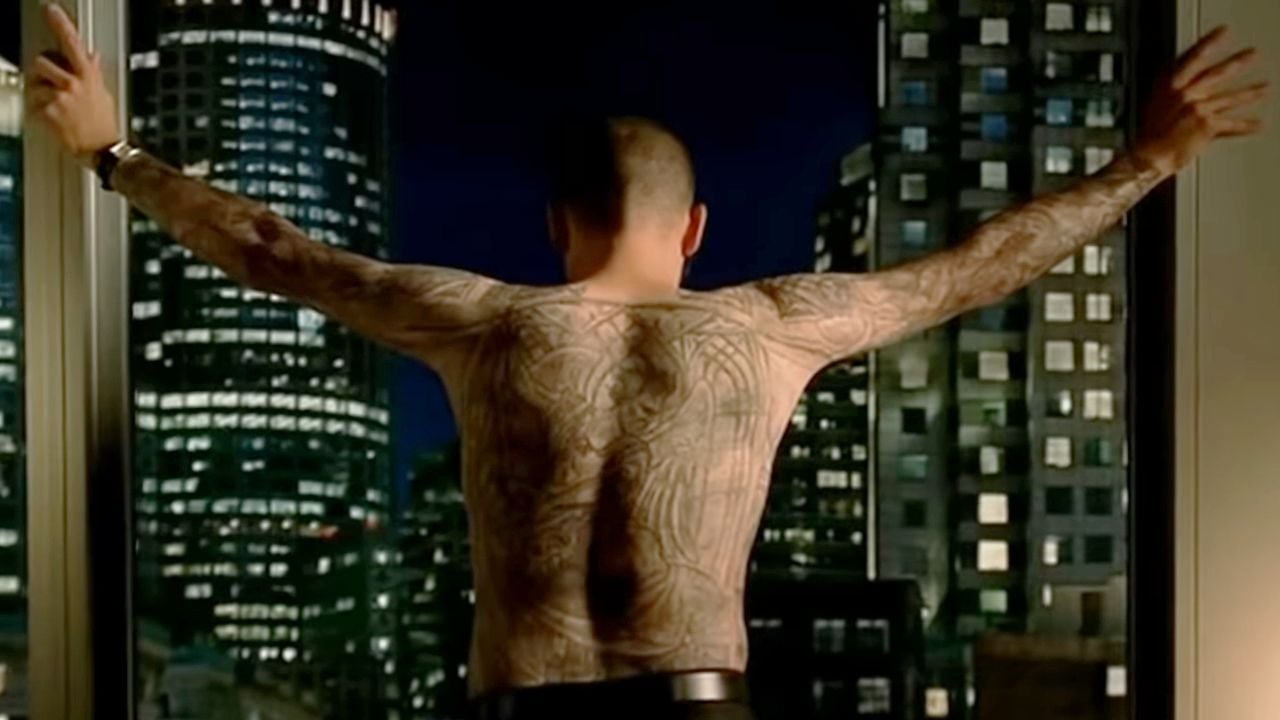Anti-venom serums are distributed by the SUS
In 2023, Brazil recorded 341,806 incidents involving poisonous animals, of which 43,933 were caused by spiders. The number represents 12% of the total. The Ministry of Health warns that spiders are currently the second leading cause of poisoning from venomous animals in the country, behind only scorpions.
“Accidents caused by venomous animals represent a major challenge for public health in Brazil. Thanks to the rich biodiversity and favorable tropical climate, the country is home to a large variety of snakes, spiders, scorpions and other venomous animals, whose stings or bites can cause serious consequences for human health,” the ministry underlined.
According to the ministry, although only three groups of spiders cause serious accidents in Brazil, they are all part of human life, both indoors and in courtyards or parks.
So-called anti-venom serums, including anti-arachnid serum, are distributed exclusively through the Unified Health System (SUS) and can be made available by public, philanthropic and private hospitals, as long as the treatment is guaranteed at no cost to the patient.
Look at the spiders that cause the most accidents
Accidents caused by spiders or aranesism constitute a clinical picture of poisoning resulting from the inoculation of spider venom, through a pair of stingers located in the front part of the animal.
Discover below the main spiders that cause serious accidents in Brazil:
Loxosceles (brown spider or violin spider)
Signs and symptoms of the bite include mild pain. The affected area may develop pallor mixed with ecchymotic areas (marble plaque), localized on a hardened region. Vesicles or blisters, with serosanguineous or hemorrhagic contents, can also be observed on the hardened area.
In the most severe cases, intravascular hemolysis occurs, of varying intensity, without direct association with the extent of the skin lesion, with the main complication being acute renal failure due to tubular necrosis.
Phoneutria (armed spider or monkey)
Immediate pain is the most common symptom. Its intensity is variable and can radiate to the root of the affected limb.
Other symptoms include swelling due to fluid accumulation, red spots on the skin, tingling or numbness of the skin, and excessive sweating at the site of the bite, where signs of a colon can be seen.
Latrodectus (black widow)
Signs and symptoms include pain in the bite area, generalized sweating, and changes in blood pressure and heart rate.
Tremors, anxiety, excitability, insomnia, headaches, red spots on the face and neck may also occur. Behavioral disorders and shock have been reported in more severe cases.
What to do
In the event of an accident the guidelines are:
- consult a doctor immediately;
- photograph or inform the doctor of as many characteristics of the animal as possible, such as type of animal, color, size;
- if possible and, if such action does not delay the patient’s visit to medical care, wash the bite site with soap and water;
- perform warm compresses, which can help relieve pain;
Consult here the list of reference hospitals for serotherapy in the event of accidents caused by poisonous animals, divided by state, including the cities in which they are located, names of the hospitals, addresses, telephone numbers.
In case of emergency, the recommendation is to immediately contact the Mobile Emergency Service (Samu 192) or the Fire Brigade (193). You can also contact the Toxicological Information and Assistance Center that serves the region where the accident occurred.
Prevention
Measures to prevent spider accidents include:
- keep gardens and yards clean;
- avoid the accumulation of debris, dry leaves, household waste and construction materials near houses;
- avoid dense foliage (ornamental plants, climbers, shrubs, banana trees and others) near the walls of houses;
- periodically clean nearby vacant lots – at least within a radius of one or two meters near the houses;
- shake clothes and shoes before putting them on;
- seal cracks and holes in walls, floors and gaps between cladding and walls, repair loose skirting boards, place thresholds on doors and screens on windows.
- use screens on floor drains, sinks or tanks;
- move beds and cots away from the walls and prevent bed linen and mosquito nets from touching the floor;
- inspect shoes and sneakers before wearing them.
Source: Terra
Rose James is a Gossipify movie and series reviewer known for her in-depth analysis and unique perspective on the latest releases. With a background in film studies, she provides engaging and informative reviews, and keeps readers up to date with industry trends and emerging talents.







